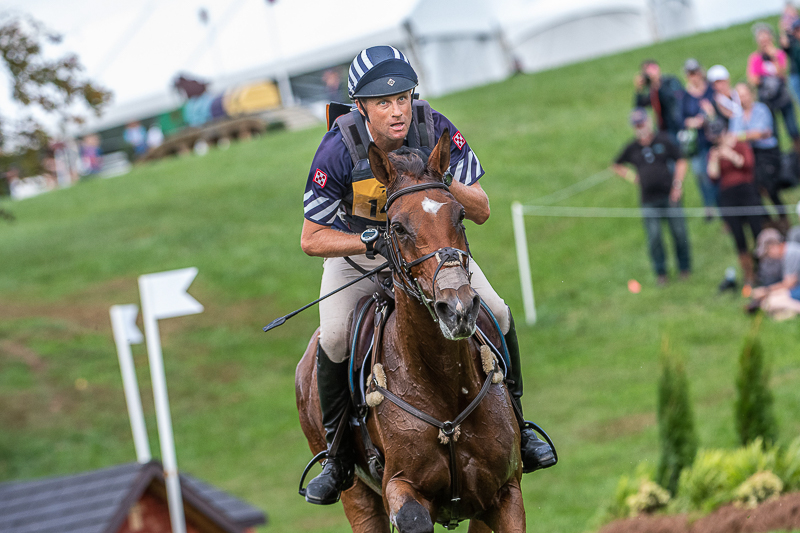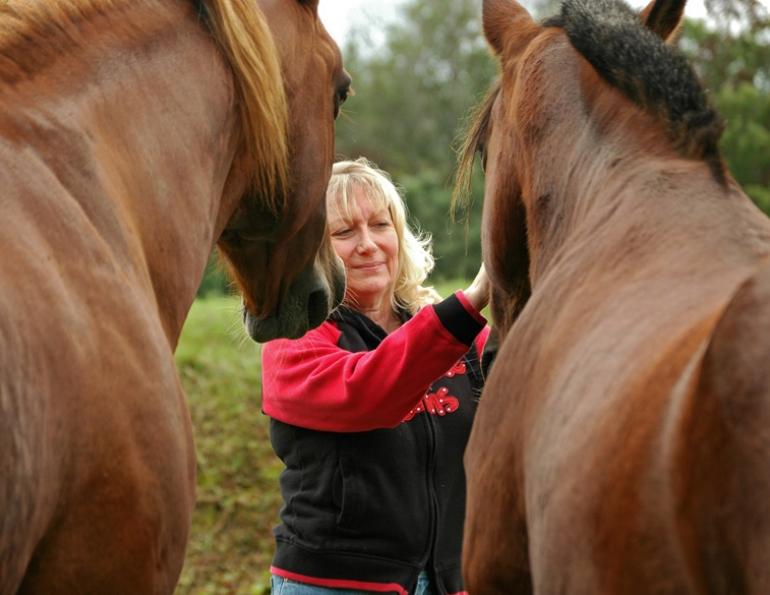The Psychology of an Eventing Horse

Eventing is a demanding equestrian sport that combines dressage, cross-country, and show jumping. Understanding the psychology of an eventing horse is crucial for riders, trainers, and enthusiasts to optimize performance and ensure the horse’s well-being.
Key Psychological Traits of Eventing Horses
| Trait | Description | Importance in Eventing |
|---|---|---|
| Courage | Willingness to face challenging obstacles and unfamiliar environments | Essential for cross-country and jumping phases |
| Focus | Ability to concentrate despite distractions | Critical for precision in dressage and jumping |
| Resilience | Capacity to recover quickly from setbacks or mistakes | Helps maintain performance throughout the event |
| Sensitivity | Responsiveness to rider cues and environmental stimuli | Enables effective communication and control |
Behavioral Characteristics
- Adaptability: Eventing horses must adjust to different terrains and competition settings.
- Confidence: A confident horse approaches obstacles with assurance, reducing refusals.
- Trainability: Willingness to learn and respond to training methods is vital.
Psychological Challenges
Eventing horses face unique mental stresses, including:
- Anxiety: Due to unfamiliar courses and crowds.
- Fatigue: Both physical and mental exhaustion can affect focus.
- Pressure: The demand to perform consistently can impact behavior.
Training Techniques to Support Mental Health
- Desensitization: Gradual exposure to new stimuli to reduce fear.
- Positive Reinforcement: Rewarding desired behaviors to encourage learning.
- Routine Establishment: Consistent schedules to provide security and predictability.
FAQ
What makes an eventing horse different psychologically from other horses?
Eventing horses require a unique blend of bravery, focus, and adaptability due to the varied demands of the sport, unlike horses specialized in a single discipline.
How can I help my eventing horse manage stress?
Implementing gradual exposure to competition environments, maintaining a consistent training routine, and using positive reinforcement can help reduce stress.
Why is resilience important in eventing horses?
Resilience allows horses to recover quickly from mistakes or setbacks during competition, maintaining their performance and confidence.
Understanding the psychology of an eventing horse not only improves training outcomes but also enhances the partnership between horse and rider, leading to safer and more successful competitions.
